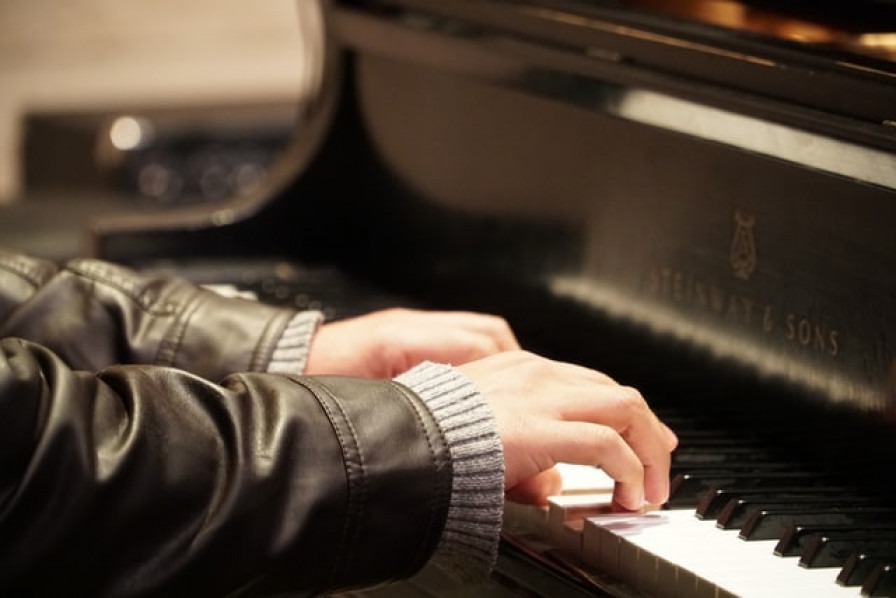Some positive outcomes from working within SEND during lockdown

One of our music leaders recently wrote this blog sharing their lockdown music leading experiences. Read it below:
I am a music teacher in a creative arts SEND school in the North East of England. I want to highlight some of the recent positive outcomes from work with our arts partners for staff and students that are a result of lockdown.
First things first, these lockdowns have been awful for everyone but I would rather try to raise some positives. It has affected everyone differently, as with any person, you cannot put our SEND young musicians in a one size fits all category. Some students struggled (flatly refused to take instruments home partly because they see home and education as two separate entities) however some have found lockdown a real chance to shine. Instead of focusing on different subjects or activities they do not like, that might make them anxious, some have focused on what they love and for some that has been music. Some recent examples have included a recording a variety of performances for World Piano Day posted on our school social media account, using zooms and feedback from parents and staff to refine and improve over a period of many months.
Lockdown has allowed some doors to open for our young musicians, one example being a student who would never attend extra curriculum music sessions face-to-face to follow a short VIP studio course online making good progress in music technology. Pushing his interest in music technology as well as recording himself on piano. When he returned to school, he had learnt so much he was now confident to teach his peers in a small group. Another student who practiced his sight-reading can now teach his notation skills to peers. Another learnt how to independently set up and control zoom after receiving a government laptop. Such was his desperation for piano lessons and furthering his ideas and skills.
Although infrequent, our Zoom Open Orchestra meet ups have involved a lot of observation and sharing, this was very beneficial for a number of reasons, it-highlighted student’s talents but allowed staff observational time. That was previously not available on a large-scale rehearsal. Going forward lockdown has highlighted flaws in my personal knowledge of music technology. It has helped to share staff knowledge and the vital importance of music making for many pupils as many non-musical staff being were suddenly tasked to lead groups with work set. This gave lots of time to the young musicians to shine and a better understanding on the importance of music to adults. Both education staff and parents.
I am hopeful in the future; we might see a hybrid model of these two worlds. Where we can bring back personal interaction, contact, and group work but also mix it with the lessons learnt from this past year. More focus on what is important to our young people. More music or more art, whatever their interests may be. Obviously I am not saying to neglect other parts of a vital education but I feel and I have seen this first hand when someone (regardless of any preconceived impairment) is truly interested, absorbed and focussed in something they shine, they have purpose, develop confidence and also inspire.
From another teacher regarding a short pupil video from Piano Day “I just spotted all the piano stuff on Facebook – I sometimes look, but I don’t like commenting, but all of them are brilliant, absolutely amazing. I have just shown it to N who has taught himself to play piano and he couldn’t believe D could read music”.

